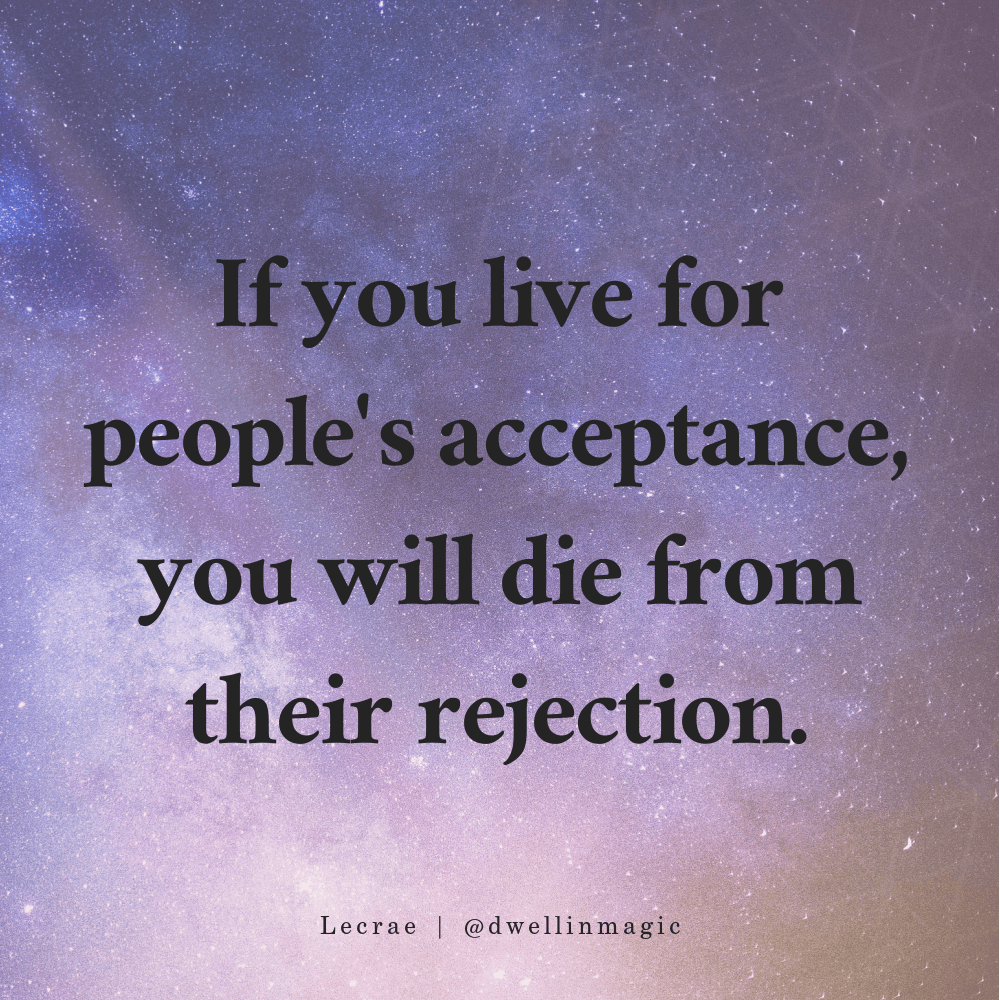Negative Emotions Can Cripple Us – Part 2
Rejection
Being rejected by someone is perhaps the most painful things we can experience. Yet rejection is a reality of life. If we’ve experienced a painful childhood with a lot of rejection, facing rejection in adulthood can be that much more difficult. A root of rejection can cause much pain and lead to all sorts of dysfunctional thinking, feeling, and behaving. At the core, the person with the root of rejection has actually come to the belief that, “I’m not good enough. I’m not acceptable. Who could love me?” Whenever a life situation reinforces those negative beliefs, the feeling of rejection is triggered and the old shame messages begin playing in our head.
Rejection and Anger
Since rejection is often too painful to cope with, many people go directly from feeling rejected to feeling angry. When we experience rejection, we often counter it with a need to blame or find fault in the person or circumstances that cause it. We may not even realize that when we do this, we are actually in the defensive mode of anger.
 Rejection and People Pleasing
Rejection and People Pleasing
Other times, rejection can drive us to compulsively find a way to be more acceptable. This leads to the behaviors of identity dependence and people pleasing. We begin to believe that the person who rejected us is right and therefore we need to adjust, compensate, or change to get that person to accept us.
It is important to know that when we embrace this type of system in coping with rejection, we have adopted an external reference point to determine who we are, rather than being internally defined through Jesus’ spirit within us. Essentially, this means we use another person as our guiding influence. We have placed that person in God’s position. The Bible calls this idolatry.
Dealing with Rejection
As we deal with rejection, we must first ask ourselves a difficult question: “Am I doing anything or behaving in any way that might be considered unacceptable?” Why should we ask ourselves this question? Because what we perceive as rejection may in fact be an appropriate response by others to something I am doing or representing. When this is the case, it is our behavior that is being brought into question, not our character, personhood, or identity. We must learn to separate who we are from what we do. And not be so sensitive to when we are corrected or called out for our actions, as if our personhood is being threatened.
Unlike the unhealthy patterns we’ve learned and implemented when we experience rejection, we can choose to create new ways of dealing with our shame-based rejection messages when they occur.
- Identify the situation: What is the nature of the rejection? Is it based on reality?
- Identify the other person: What is the level of their credibility in my life? Do they deserve the amount of power I’ve given them?
- Identify ourselves: Could I have done something to contribute to the rejection? Am I judging myself for what I did? Is my judgment too harsh in light of the situation?
- Identify God’s perspective: What does God’s word say about who I am? Am I trusting the approval of God? Or of others? What will it take for me to embrace God’s perspective and to let go of my false beliefs related to the situation?
We are not responsible for how other people choose to see us! And, like it or not, not everyone is going to like us. We must stand firm in knowing who we are!
———-
Soul health and spiritual maturity cannot be separated. Our counselors are ordained Christian ministers as well as certified and licensed Christian counselors. We are able to help you experience freedom from shame, anxiety, depression, or marriage / relationship conflict with methods that are purely Christ-centered. Please click on this link to learn much more about how our DEPRESSION COUNSELING can help you become a more authentic follower of Christ, and help you find freedom from identity dependence.
Life Training offers convenient sessions at our office in Louisville, Kentucky, as well as online counseling via Zoom or FaceTime. Our non-profit counseling practice has an outstanding track record for over a decade helping men and women, individuals and couples who are ready to move beyond anxiety, depression, and conflicts in marriage or other relationships find hope and healing in their lives. Contact us today at 502-717-5433, or by email at drdave@lifetrainingcounseling.org

 Rejection and People Pleasing
Rejection and People Pleasing